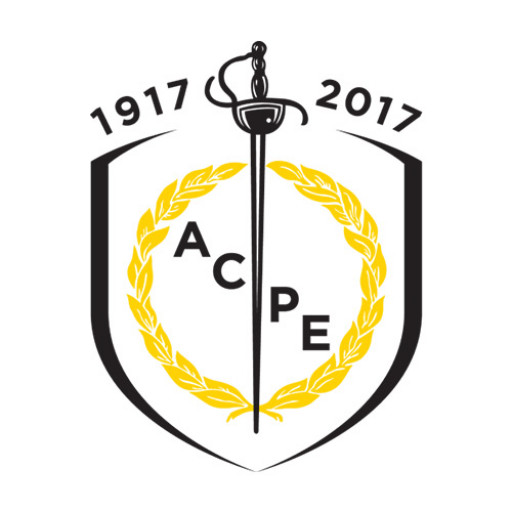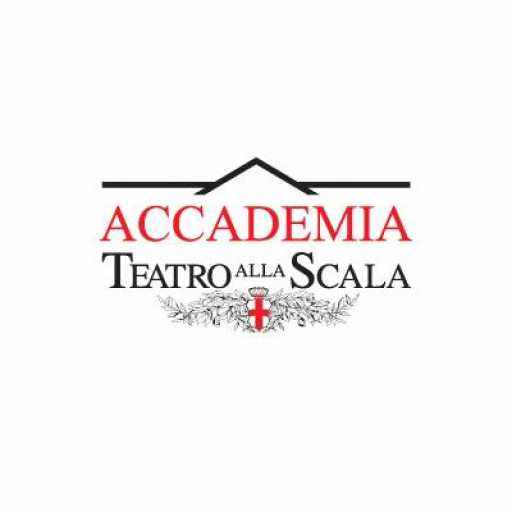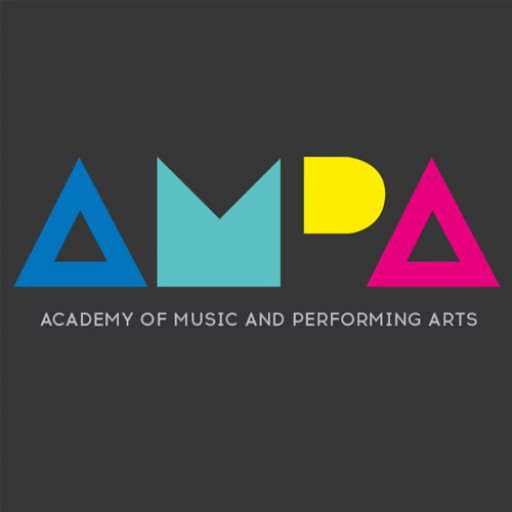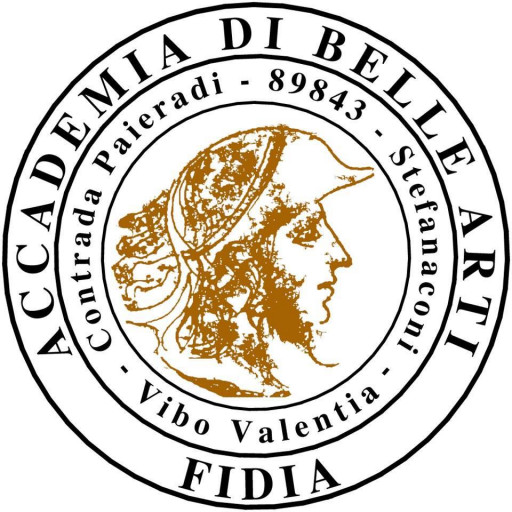Photos of university
The Bachelor of Arts in Dance at the University of Science and Technology offers a comprehensive and dynamic program designed to cultivate both technical proficiency and artistic expression in students passionate about dance. This undergraduate degree is structured to provide a solid foundation in various dance techniques, including classical ballet, modern dance, contemporary, and jazz, ensuring graduates possess versatility and adaptability to diverse choreographic styles and performance settings. The curriculum combines rigorous practical training with theoretical studies in dance history, choreography, and performance analysis, enabling students to develop a well-rounded understanding of the art form.
Throughout the program, students engage in intensive studio work, participating in daily dance classes led by experienced faculty members who are active professionals in the field. They also have opportunities to experiment with choreography, explore movement innovation, and participate in numerous performances and productions, which foster confidence and stage presence. The program emphasizes personal artistic development, encouraging students to create original pieces and collaborate across disciplines within the university’s vibrant arts community.
In addition to dance techniques and performance skills, the curriculum incorporates courses in anatomy, physiology, and movement psychology to promote safe practices and enhance physical awareness. Students are also encouraged to attend workshops, master classes, and internships with industry professionals to gain practical industry insights and networking opportunities. The program prepares graduates for diverse career paths, including professional dance performance, choreography, teaching, arts administration, and roles within the broader creative industries.
The university’s state-of-the-art facilities include dedicated dance studios equipped with modern flooring and sound systems, rehearsal spaces, and recording technology to support the creation and refinement of dance works. The interdisciplinary approach emphasizes the importance of cultural context and contemporary issues affecting the arts, ensuring students graduate as thoughtful, innovative, and technically skilled dance artists ready to contribute to the global arts scene. By fostering a stimulating environment for artistic growth and critical thinking, the Bachelor of Arts in Dance at the University of Science and Technology aims to develop the next generation of influential dance practitioners and educators.
The Bachelor of Arts in Dance at the University of Science and Technology offers a comprehensive curriculum designed to develop students’ technical skills, artistic expression, and theoretical understanding of dance as a performing art. The program combines practical training with academic coursework to provide a well-rounded education that prepares graduates for diverse careers in the dance industry, including performance, choreography, teaching, and production. Throughout the program, students engage in intensive dance training in various styles such as contemporary, classical ballet, jazz, and experimental dance, ensuring versatility and adaptability as performers. They also learn about dance history, choreography techniques, movement analysis, and dance theory to deepen their understanding of the cultural and historical contexts of dance.
The program emphasizes experiential learning through participation in multiple dance productions, workshops, and collaborations with other art disciplines. Students have access to state-of-the-art facilities, including dedicated dance studios, rehearsal spaces, and performance venues, which enable them to refine their craft and showcase their work. The curriculum encourages creativity and innovation, inspiring students to develop their unique artistic voice while respecting traditional techniques. Additionally, the program prepares students for professional careers by offering opportunities for internships, performances, and industry networking. Graduates leave the program equipped with the physical skills, conceptual knowledge, and entrepreneurial mindset necessary to succeed in the dynamic field of dance. The program aims to foster not only technical mastery but also a deep appreciation for the cultural significance of dance as a vital form of human expression.
Program requirements for the Dance Studies programme at the University of Science and Technology include a comprehensive curriculum designed to develop technical skills, theoretical knowledge, and practical experience in various dance disciplines. Applicants are typically required to have a secondary school diploma or equivalent, with a strong background in the arts or physical education preferred. Proficiency in English is essential, demonstrated through standard language tests or prior education in English-medium institutions. The admission process may include the submission of a portfolio showcasing dance performances, a personal statement explaining the applicant's motivation and goals, and an interview or audition to assess physical aptitude, musicality, and stage presence. Prospective students should be prepared to demonstrate both foundational dance techniques and creative abilities. Once admitted, students must fulfill core coursework requirements covering dance history, choreography, dance pedagogy, and performance practices. The programme emphasizes experiential learning through participation in rehearsals, student productions, and internships with professional dance companies. Interdisciplinary projects and collaborative work are encouraged to enhance versatility and adaptability in diverse dance styles such as ballet, contemporary, and traditional dance forms. Additionally, students are expected to engage in research activities, including writing papers on dance theory and cultural perspectives. Some courses may require participation in workshops led by visiting artists and attendance at national and international dance festivals. To graduate, students must complete a final project or thesis demonstrating their artistic development, critical thinking, and research skills. Overall, the programme aims to prepare graduates for careers in performance, choreography, dance education, and arts management, equipping them with a solid foundation in both the artistic and academic aspects of dance.
The Dance Studies program at the University of Science and Technology offers a range of financing options to support students throughout their academic journey. Funding opportunities include government scholarships, university-specific grants, and external funding sources. Students can apply for government scholarships such as the national academic scholarship, which is awarded based on academic excellence and financial need. Additionally, the university provides a variety of internal scholarships aimed at promoting talent and supporting students from underrepresented backgrounds. These include merit-based awards for outstanding performance in dance and related disciplines, as well as need-based grants for students demonstrating financial hardship.
The university also encourages students to seek external funding through partnerships with cultural organizations, dance companies, and arts foundations that offer fellowships and sponsorships for promising performers and scholars. Students may participate in part-time work opportunities within the university, such as assisting in dance classes or contributing to university-sponsored dance productions, which can help offset personal expenses. Furthermore, some students may qualify for student loans via national loan programs designed to facilitate access to higher education in the arts.
International students enrolled in the program may have access to specific scholarships for overseas students, which are awarded based on academic merit and, in some cases, dance talent. The university’s financial aid office provides detailed guidance on application procedures, deadlines, and eligibility criteria for all funding options. It is advisable for students to prepare comprehensive documentation, including academic records, a personal statement, and evidence of talent, to strengthen their application. Some funding sources are competitive and require a demonstrated commitment to career development in dance.
Partnerships with local arts organizations also enable students to access workshop funding and project grants, enriching their practical experience and professional development. The university encourages proactive engagement in funding opportunities and provides advising services to assist students in identifying suitable financial support tailored to their educational and artistic goals. Overall, the financing system aims to make the Dance Studies program accessible to talented individuals from diverse backgrounds, fostering the development of highly skilled dancers and researchers in the field.
The Dance Studies program at the University of Science and Technology offers a comprehensive curriculum designed to develop students' technical skills, artistic expression, and theoretical understanding of dance as an art form. The program aims to cultivate versatile performers and scholars by combining practical training with academic coursework. Students will engage in various dance styles, including contemporary, classical ballet, jazz, and traditional dance forms, allowing for a broad and diverse dance education. Emphasis is placed on choreography, performance, and dance history, enabling students to critically analyze dance works and contribute creatively to the field. The program also includes courses focused on dance composition, movement analysis, and dance technology, preparing students for professional careers in performance, choreography, or academia. Practical training is supplemented with opportunities to participate in workshops, masterclasses, and performances, fostering real-world experience and collaboration among peers. The university’s state-of-the-art facilities, including dance studios equipped with modern flooring and audiovisual equipment, support students' training and creative projects. Additionally, partnerships with local dance companies and international organizations provide internship and performance opportunities, enhancing students' professional network and employment prospects. The faculty comprises experienced dance practitioners and scholars who mentor students and guide research initiatives within dance studies. Graduates of the program are equipped to pursue careers as dancers, choreographers, dance educators, or researchers, contributing to the cultural and artistic development of their communities. The curriculum encourages innovation and diversity in dance practices, aligning with contemporary trends and cultural contexts. Overall, the Dance Studies program at the University of Science and Technology offers a rigorous, enriching environment for aspiring dance professionals dedicated to excellence and creativity in the performing arts.






